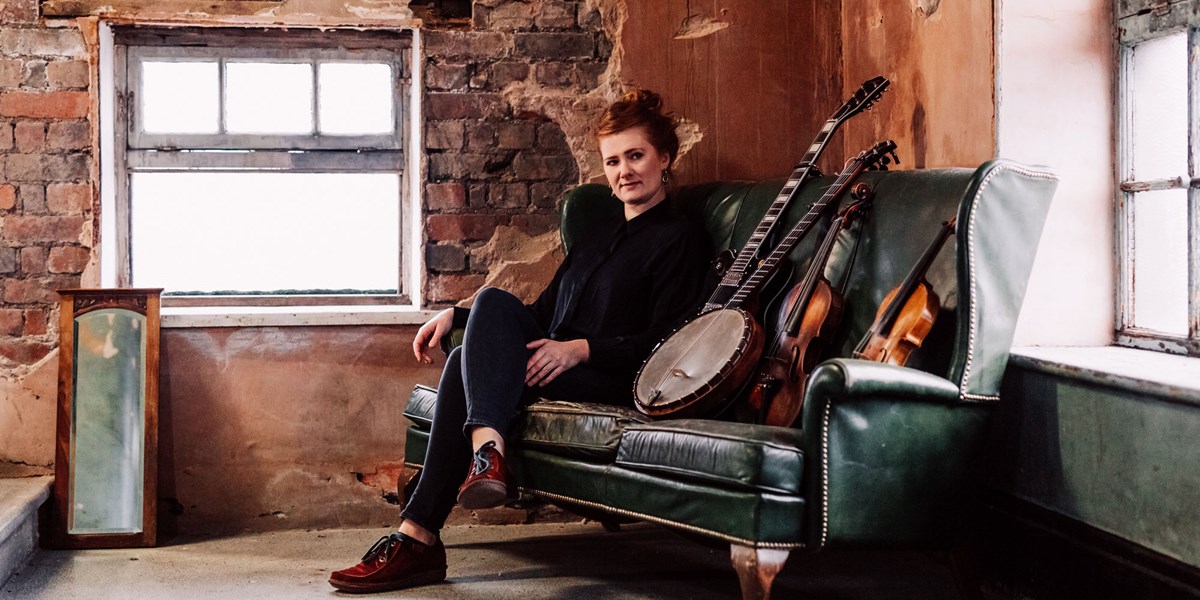Thursday, November 7, 2019
Rowan Rheingans: “We need to learn not to be afraid to sit with some sorrow and grief. We need to make room to feel and have compassion”
By Julian May
The musician Rowan Rheingans has a new solo project and album that are part-memoir, part-theatre. She talks to Julian May about the many influences that shaped these works

Rowan Rheingans (photo: Elly Lucas)

Register now to continue reading

Thanks for visiting the Songlines website, your guide to an extraordinary world of music and culture. Sign up for a free account now to enjoy:
- Free access to 2 subscriber-only articles and album reviews every month
- Unlimited access to our news and awards pages
- Our regular email newsletters

